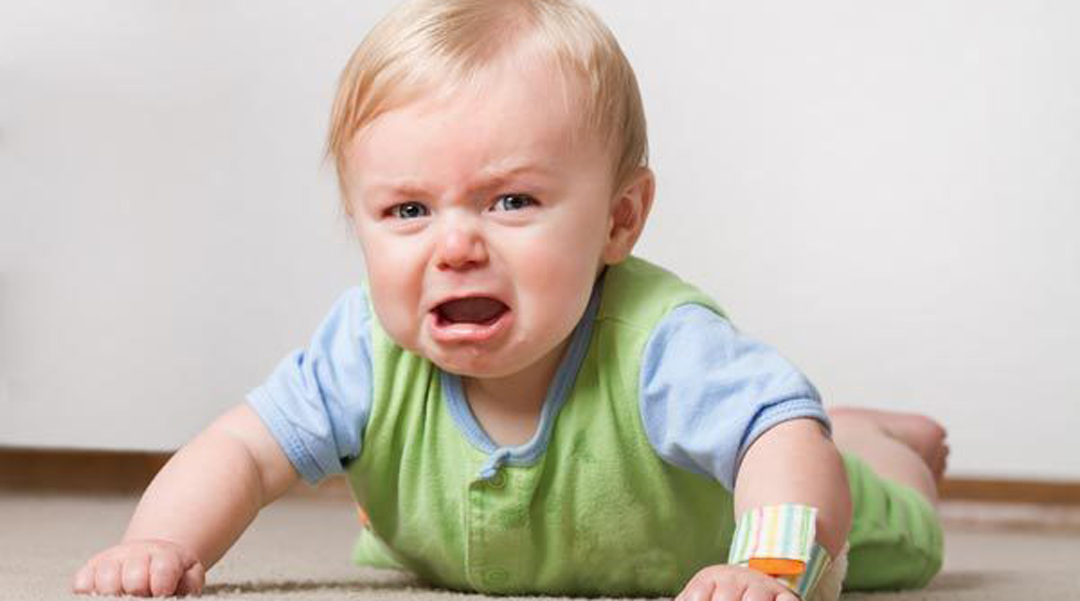
For preschool babies, wrestling is a common thing. Tripping over things, slipping on toys, even tripping over his left leg over his right leg…
Wrestling is an important part of preschool children’s ability to develop balance and coordination.
It gives children the opportunity to experience the uncertainty in life, learn to assess the risks in the environment, and do what they can. It also gives children the opportunity to cope with emotions such as fear caused by pain and develop resilience.
However, the following attitudes of parents may deprive children of the opportunity to develop the above abilities:
Attitude 1: Excessive nervousness, immediately help up

Baby, are you all right? Oh, why are you so careless?
An important fact is that most of the time the baby does not cry in pain, but is scared to cry by your nervousness.
The baby is inexperienced in life and cannot judge the severity of the situation after falling down. Usually there is a blank time of 1 or 2 seconds, waiting for the parents’ response. If the parents exclaim immediately and help up, the baby will think:
My mother was scared like this. It seems that I really fell badly! It’s terrible!
As a result, the crying mode was started.
Influence on Baby’s Character:
There is no absolute safety, and injuries can sometimes be avoided by being careful. Nervous emotions or reproachful tone will make the baby too cautious and dare not do sports with injury risks, hinder the development of body balance and dodging ability, and weaken the ability to protect himself when things happen.
Attitude 2: Blame yourself or other things
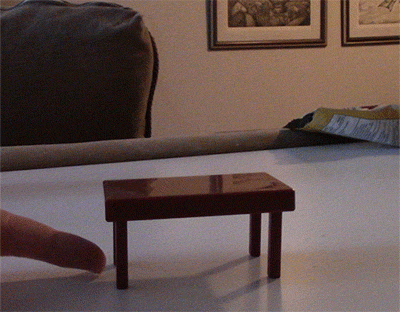
The baby does not cry or cry, but comes to us [to hit the ground], all blame it!
After listening to many such words, the baby will feel:
Others should be responsible for my fall. Under normal circumstances, I should not fall.
Influence on Baby’s Character:
Once this way of thinking is formed, children will lose their temper when encountering setbacks, blame others or objects, and cannot sum up lessons from experience and assess risks.
Attitude 3: Resolutely Not to Help
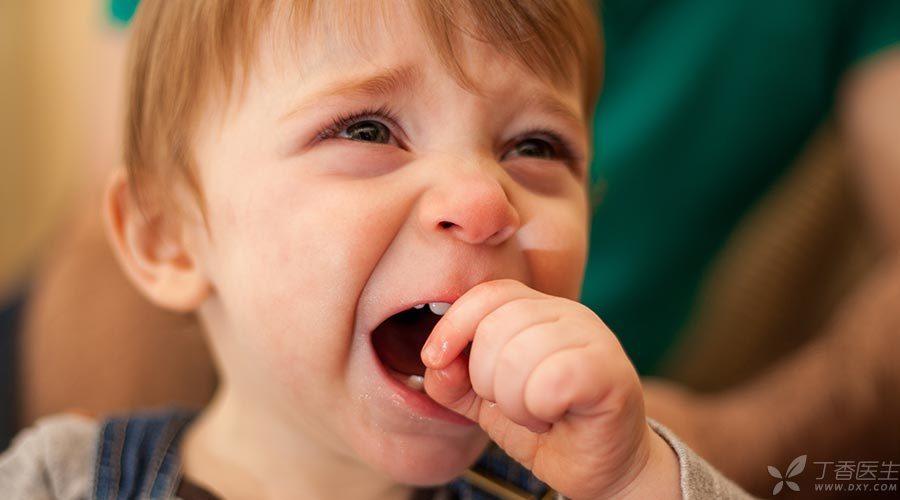
You are a boy, be strong and get up on your own.
I understand that parents do this to make their children more independent and brave. However, if the child asks for help, the parents still firmly refuse to help or allow others to help him. The child must stand up on his own. The child will feel that the emotional connection with his parents is disconnected:
My parents will not help me with anything.
Influence on Baby’s Character:
The child enters a very unsafe state. The baby will find a way to [re-establish the connection] and become clingy. But if it does not work for a long time, then he will give up and form an excessively strong and indifferent character-refusing to help others or taking the initiative to help others.
From this point of view, it seems that it is wrong to help or not to help. What should I do after the baby falls down?
The baby fell down, you can do this.
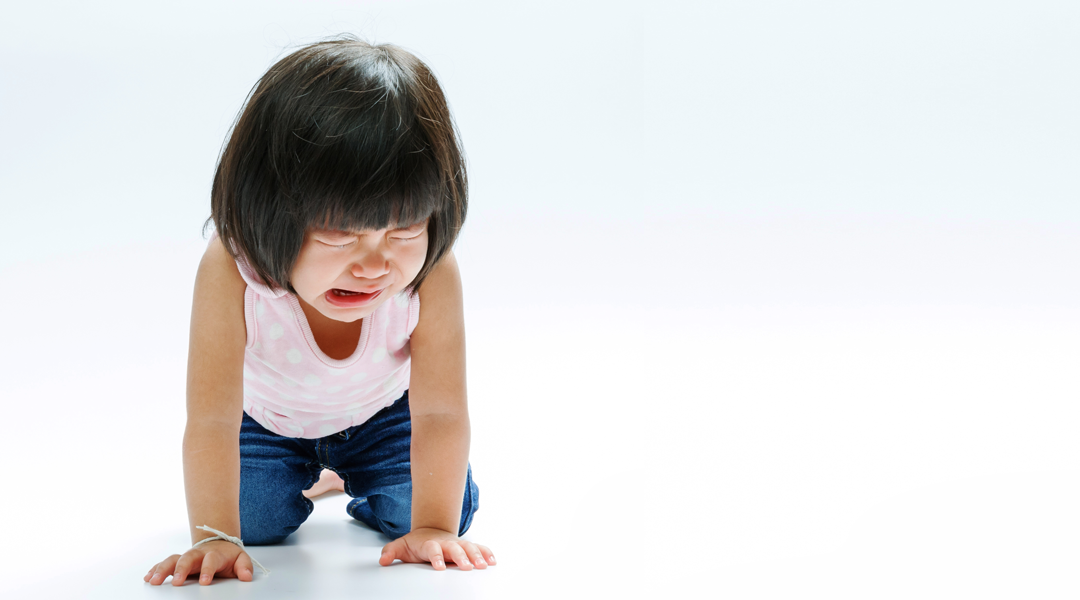
Step 1 Hide your worries
For example, ask briskly: “Are you all right?” ] Similar words are intended to show two attitudes:
- Wrestling is normal, and I will not be angry or blame for it. Wrestling is not terrible. If I need comfort and care, I am here.
Before the child asks you for help, he does not take the initiative to help the child, but when the child says I need you, he does not refuse, which is the correct way to cultivate independence.
Hearing this, if there is no pain in the fall, the baby will pat his ass to play.
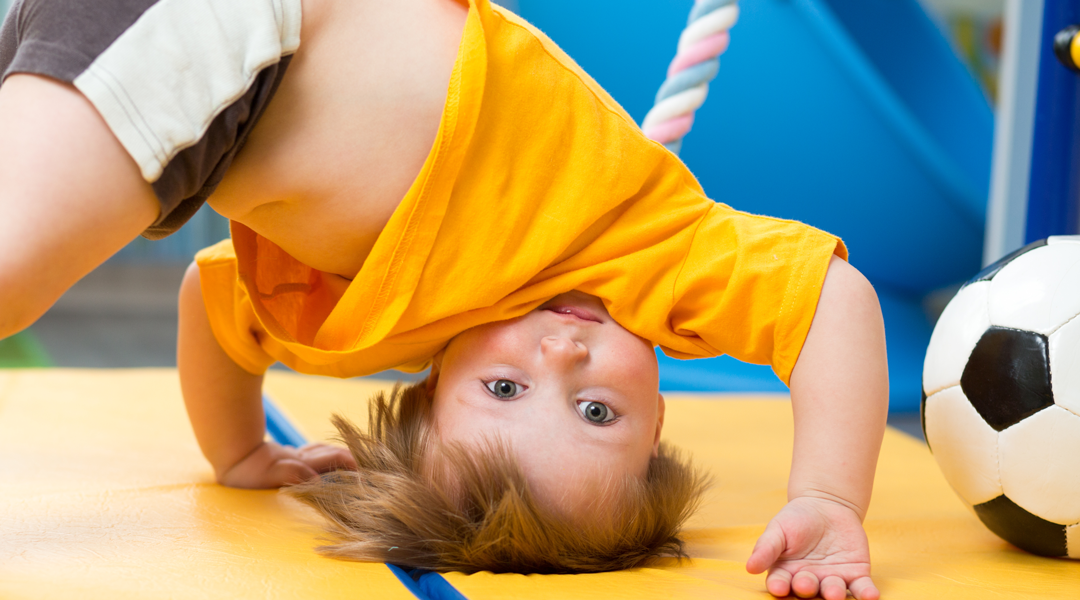
2. The baby is crying, keep calm.
If the baby still cries, it really hurts.
At this time, parents should keep calm first. If the baby feels that the adult has the ability to control the situation, it will calm down and it will be easier for parents to check the wound.
3. Understand your baby’s emotions
Some children lost their temper: [hit the ground! Fight! ] Parents should understand that they are expressing their emotions and should demonstrate the correct expression, such as: [The baby got a fright. Mom knows you got a fright, it doesn’t matter, mom is here.]
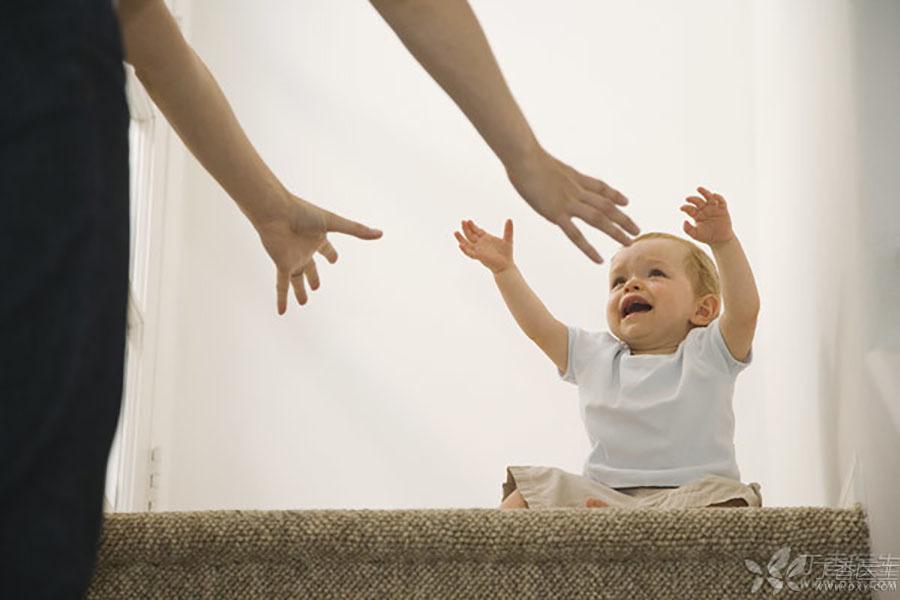
4. Playback of Accidents and Lessons Learned
When the child’s mood calms down, he can turn the process of his fall into a story and perform it in a humorous way. For example, imitating his voice:
Just now I took a big box in my hand, and I only wanted to bring the building blocks to play with my mother. Who wanted to see the train on the ground, which crashed and collapsed?
When the child saw his mother fall down, he laughed, not only completely relieved his emotions, but also learned the real reason for the fall. Then the mother played again how to clear the obstacles on the ground and pass smoothly, and the child would know what to do next time and would not fall.

5. Teach Emergency Methods in Advance
If you want to train your baby’s ability to deal with problems, you must first let them know what methods are available.
When I was in a kindergarten in the United States, there were several antifreeze gel ice bags for small animals in the refrigerator of each class. The teacher would personify them and the children liked them very much. Every time I fell and hurt, I would say, “I need my penguin (ice bag).”
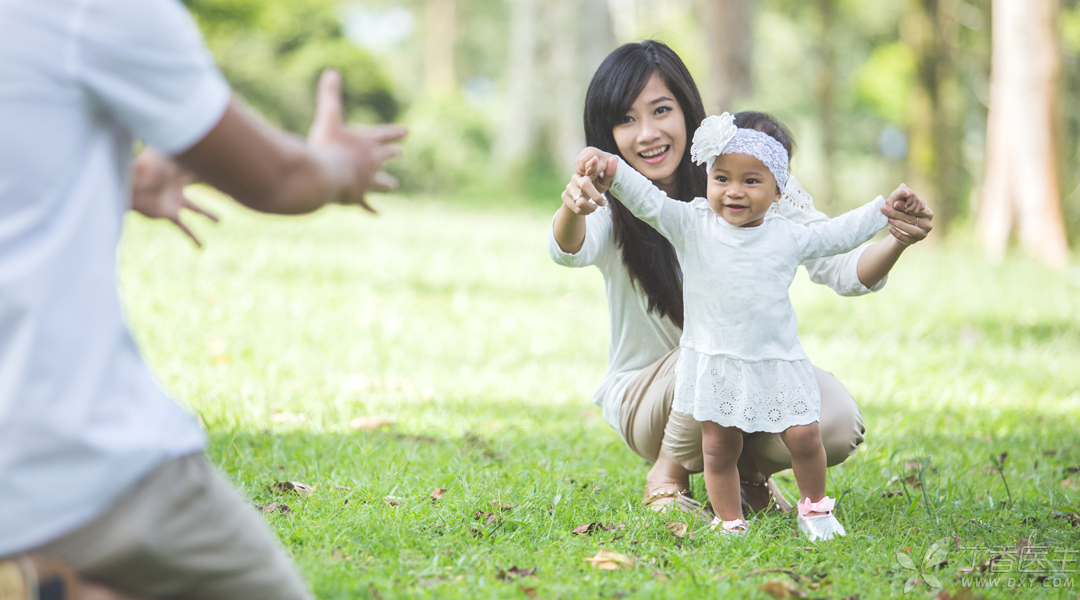
In short, as long as it is not a safety accident, wrestling is not anyone’s fault, but the process of growth. What children need is not scapegoats, but learning how to be safer.
When I was in kindergartens in the United States, I observed that parents’ correct handling methods can not only promote the development of babies’ sports, emotional management, risk assessment and other abilities, but also help babies develop brave and independent personalities.
